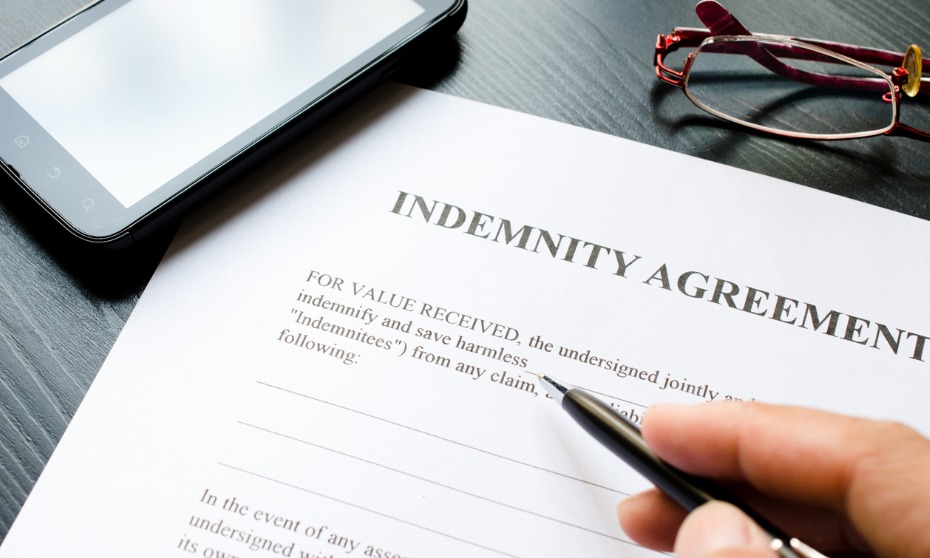
A Deed of Indemnity is a critical form of protection for all directors and officers in companies of all sizes

Most directors and company officers will experience some form of claim, litigation or Commission during their professional career. This especially true considering the increased risks, more legal and regulatory compliance obligations to stay on top of, significant funding boosts to regulators, increased use of Royal Commissions, regulator investigations and ASIC’s recent adoption of a ‘Why not litigate?’ approach.
Why do you need a Deed of Indemnity?
A well-drafted, comprehensive Deed of Indemnity is an important contractual protection which requires a company to indemnify you, as an individual director, against potential claims, liabilities, penalties, legal costs and expenses, including when you are no longer a director of the company.
Often a company’s Constitution will include some form of indemnity, however it rarely goes far enough to provide directors with sufficient protections. Plus, the terms of the Constitution:
What does a Deed of Indemnity cover?
A Deed of Indemnity, on the other hand, is a contract between the company and a director that usually provides an indemnity plus some additional useful rights, should a claim arise that relates to the period when you are or were a director of the company. Usually, your protections under the Deed continue indefinitely.
Importantly, a Deed of Indemnity (when drafted correctly) gives current and former directors:
Director legal defence costs
Ideally, deeds of indemnity should also provide for the company to pay your reasonable costs and expenses of defending proceedings against you as a director.
You should also contemplate the advancement of legal costs, including for the duration of investigations and defence of initial allegations, at least until a court determines the matter.
Often, there are significant costs faced by directors in the first instance when legal proceedings are commenced against them and they require costly legal advice and representation immediately to defend themselves.
Meanwhile, D&O Insurance policy claims can take a very long time to be processed and legal costs to be advanced.
Questions for your Board
If you don’t have a Deed of Indemnity in place, it is time to put it top of your Board agenda. Consider the following key questions:
In short, a Deed of Indemnity is a critical form of protection for all directors and officers in companies of all sizes. If you are concerned about your potential liability as a director or require a Deed of Access and Indemnity for your Board of Directors, get in touch today for a confidential discussion.
For a limited time, Australian Business Lawyers & Advisors are offering a fixed fee Deed of Access and Indemnity for $650 plus GST. To take up this offer, simply call 1300 565 846 or email Suzie Leask at [email protected].